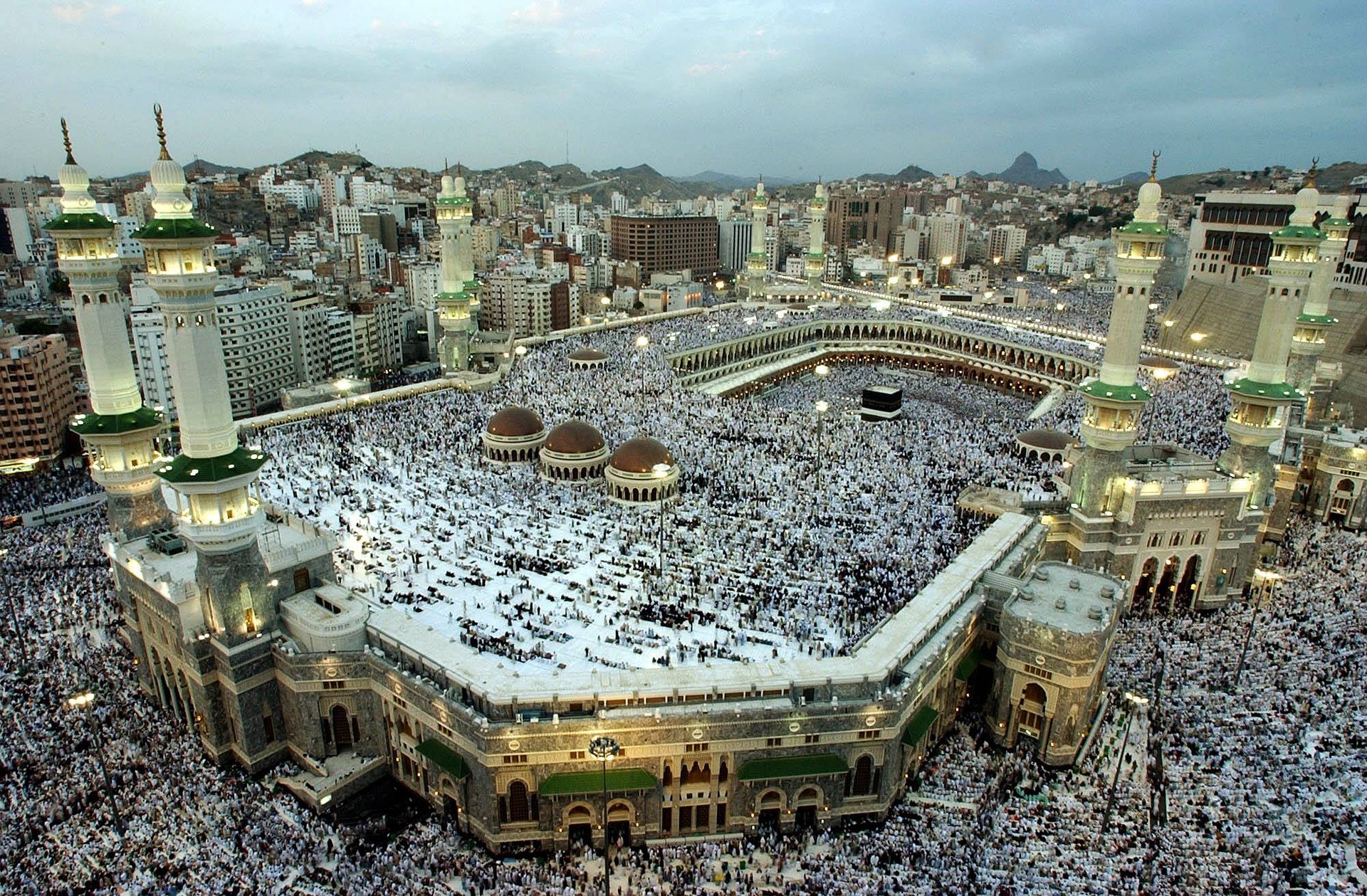Many people struggle to find purpose in their lives. They go through life without any real direction or noble objectives. This search for meaning grows more desperate if they attain financial success. Financial success without purpose often leads to a sense of emptiness and directionless life primarily because one must face the devastating realization that money does not guarantee happiness or contentment. Their search for happiness resulted in a pursuit of wealth which once achieved proved fruitless. This is a common problem in the modern world.
Capitalist culture preaches that the pursuit of wealth, or happiness through wealth, is the objective of life. But what happens when a person achieves wealth and isn’t happy? What happens when a person finally acquires wealth and riches, yet still feels empty, purposeless, and unsure what to do with the rest of his life? The pursuit of more money does not fill this gap at all.
Life without a purpose is meaningless, boring, and depressing. Many people around the world are searching for a purpose in their lives, and philosophers spend countless hours debating the purpose of life. When they are unable to find it, many people then choose to invent their own purpose. This self-defined purpose may be a form of philanthropy or leaving some kind of legacy.
The purpose of their life becomes their projects, and they dedicate the rest of their lives to this. This may help some people feel better, but for many others, they know deep down that these aspirations are arbitrary and not the definitive purpose of their existence. Projects and passions of this nature, while beneficial to society, don’t really solve the issue of finding one’s true purpose. Instead, these self-defined purposes are simply decoys masking the deep inner struggle to find the true purpose of life.
Yet great people like ʿUmar II lived with true purpose. They did not need to search for it or face internal struggles of discovery. It was clear to them, and all the goals in their lives revolved around it. This is because ʿUmar II and people like him took their purpose in life directly from the teachings of Islam.
Unlike other religions, Islam is very clear about the purpose of life. It is stated in the Quran, “I only created jinn and humans to worship me.”[1]
The meaning of this verse is that God did not create humans without a purpose or reason. That Divine Purpose is that God created humans to worship Him and, through that worship, to become a manifestation of His Divine Attributes on earth. He created the earth as a place to test humanity and gave us free will so that the results of that test will be our own.
The purpose of life according to Islam is “to worship God”. However, many people may have difficulty understanding what that means on a practical level. Does it mean abandoning our businesses, retreating to the mountains and spending our entire lives in ritual worship? Not really. The Islamic definition of worship is a lot more nuanced.
Worship in Islam is a broad term that covers a variety of actions, beliefs, and emotions. It is not limited to ritualistic acts of worship, although that is an important part of it. Worship in Islam is equal to the concepts of obedience or submission. In fact, the linguistic meaning of the word Islam is “to submit to God.”
So when Muslims say that we believe that the purpose of life is to worship God, it means that we believe that our entire lifestyle should be done in a manner that is pleasing to God. This means that the worship of God manifests itself in every action that a Muslim consciously makes.
This includes beliefs, actions, and emotions. When a Muslim believes that God will assist him/her or that an event that occurred in his/her life is destiny, that belief itself is an internal form of worship. When a Muslim prays, fasts, or gives charity, these are physical acts of worship. When a Muslim fears God, loves God, and trusts God these emotions are internal acts of worship.
The Islamic concept of worship is so vast that it includes everyday acts. When done with the correct intention, and within the boundaries set by God, even mundane acts like eating, sleeping, working, and having sex become means through which God is worshipped.[2]
It is with this comprehensive understanding of the Islamic purpose of life that we gain more clarity into what drove the productivity of ʿUmar II and people like him. ʿUmar II was a firm believer in Islam, with a strong connection to God.
Because of this, he treated everything he did as an act of worship and strove to do everything in a manner that was pleasing to God. His simplicity, justice, mercy, kindness, advice, and projects were all endeavors through which he worked to fulfill his purpose of life: to live a life pleasing to Allah.
To understand ʿUmar’s initiatives and motivations, we need a clear understanding of the Islamic purpose of life and how it drives the goals and ambitions of Muslims. Without this insight, many of ʿUmar’s decisions, projects, and goals do not make any sense.
Islam teaches its followers that life is about submission (Islam) to God and that every aspect of life should be done in a manner that is pleasing to Him. This concept shapes the lives of Muslims across the globe. Everything from marriage to business is based on this primary concept: How can I do this in a manner that is pleasing to God? It is this profound question that shaped ʿUmar’s policies and decisions.
This article is an extract from Productivity Principles Of ʿUmar II, learn more about the book here.
[1] Quran 51:56
[2] Kamdar, Best Of Creation, pp. 28-29



